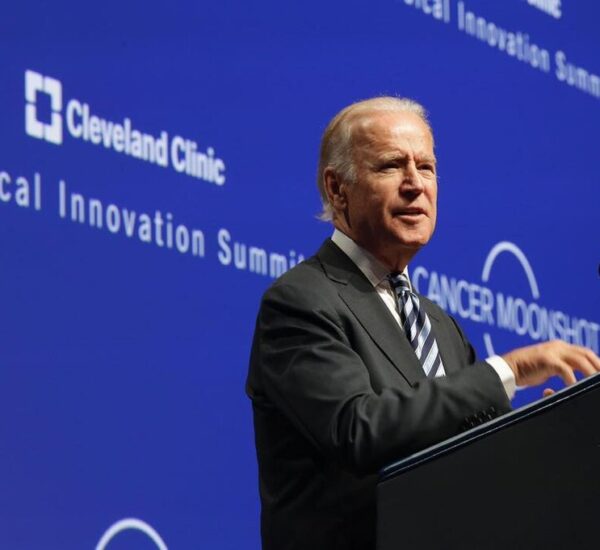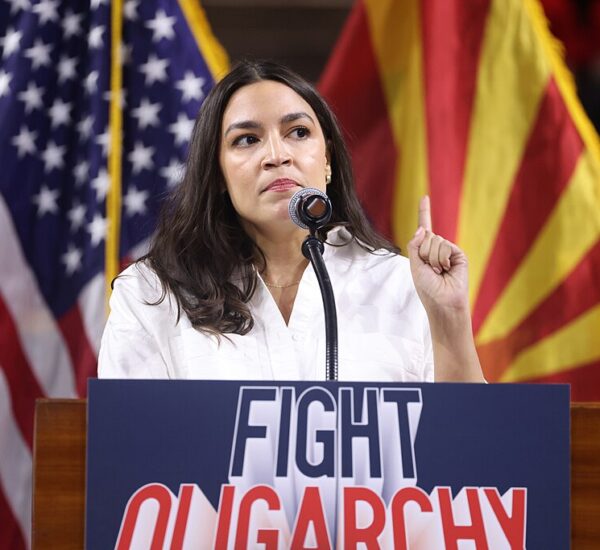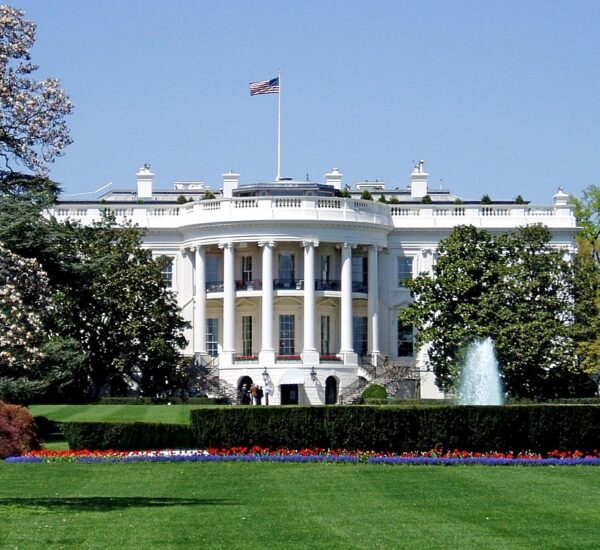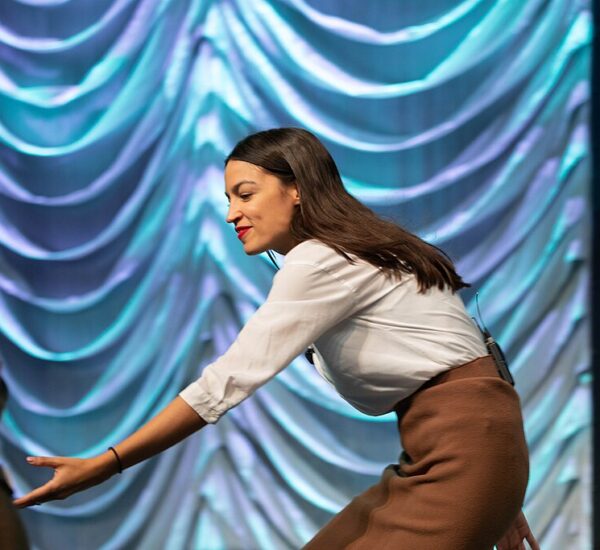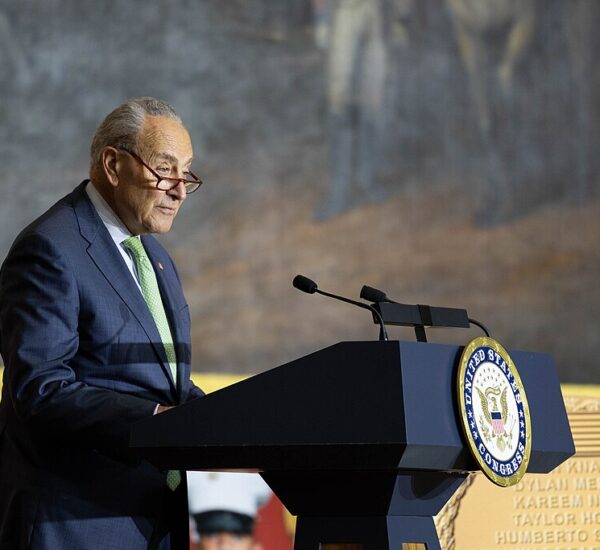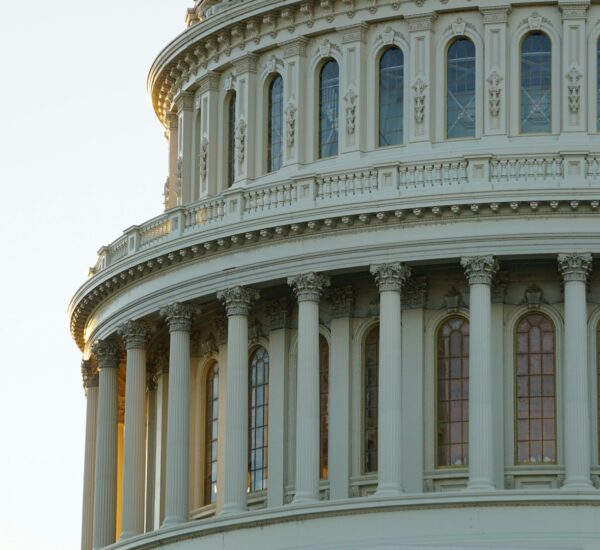Religious freedom, parental rights, and school choice hit a legal roadblock.
In a pivotal case that has reignited the national debate over religious liberty and government overreach, the U.S. Supreme Court issued a rare 4-4 split decision on Thursday, effectively denying public funding to a Catholic charter school in Oklahoma. With Justice Amy Coney Barrett recusing herself, the Court left in place a ruling from the Oklahoma Supreme Court that blocks taxpayer dollars from being used to support St. Isidore of Seville Catholic Virtual School.
The decision comes as many parents across the country—especially in conservative and faith-based communities—are demanding alternatives to politicized public school curriculums and seeking more control over their children’s education.
Faith-Based Charter School Denied Equal Access to Public Education Funds
St. Isidore, which had received initial approval from Oklahoma’s Statewide Virtual Charter School Board in 2023, was intended to serve as a tuition-free public charter school open to all students. But unlike traditional government-run schools, it embraces the teachings of the Catholic Church and integrates those values into its virtual curriculum.
Legal experts say this case could have broad implications for the future of religious education, school choice, and the use of public funding for faith-based programs.
Although the school complied with all state and federal education laws and agreed to admit all students regardless of faith, opponents—including Oklahoma Attorney General Gentner Drummond—claimed that authorizing a religious charter school amounted to an “unlawful sponsorship” of religion. Drummond warned that such a move would pose “a serious threat to the religious liberty of all four million Oklahomans.”
Key Constitutional Questions: Establishment vs. Free Exercise
The legal battle focused on two major constitutional questions:
- Are charter schools public entities subject to the Establishment Clause, which prohibits government endorsement of religion?
- Or are they private contractors, entitled to operate under the Free Exercise Clause and receive the same public funds as secular educational institutions?
During oral arguments, liberal justices—including Sonia Sotomayor, Elena Kagan, and Ketanji Brown Jackson—voiced concerns about religious teachings being funded by taxpayer dollars. They pressed attorneys on how the school would treat students from different faiths, and whether religion would influence admissions, curriculum, or disciplinary actions.
Conservative-leaning justices reportedly leaned toward viewing St. Isidore as a contractor, not a government agency, which would open the door for public funding without violating constitutional limits.
A Growing Clash Over School Choice and Religious Liberty
The Supreme Court has, in recent years, ruled in favor of allowing taxpayer funds to support religious organizations providing non-sectarian services like adoption assistance, food banks, and disaster relief. However, the issue of whether direct religious instruction can be funded through public charter school frameworks remains hotly contested.
Parents’ rights advocates, religious liberty groups, and education reformers have all expressed concern about what they see as a double standard that allows secular institutions access to public money while shutting out faith-based schools.
According to polling from conservative education watchdogs, a growing number of families are turning to private, charter, and homeschooling options—many driven by concerns over curriculum content, religious discrimination, and parental rights in education.
What This Means for the Future
The deadlock at the Supreme Court means the lower court’s ruling stands—for now. But legal experts expect similar cases to reach the Court again, especially with rising demand for education reform, religious liberty protections, and equal funding for all school models.
Supporters of school choice say the decision highlights the urgent need to restore balance in the judiciary, particularly when it comes to defending faith-based education and limiting government interference in family life and religious expression.
For many in Middle America, this ruling is more than a technicality—it’s a wake-up call.

